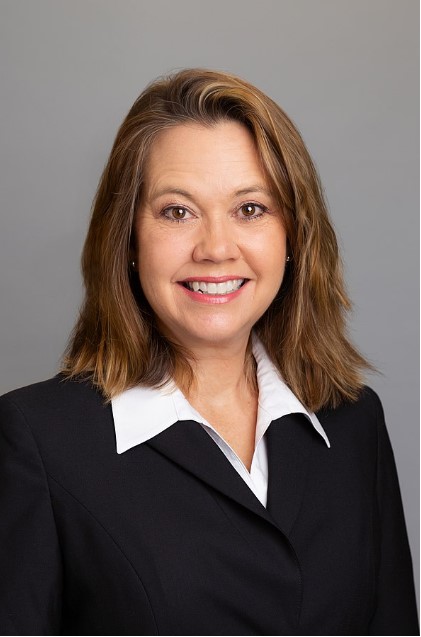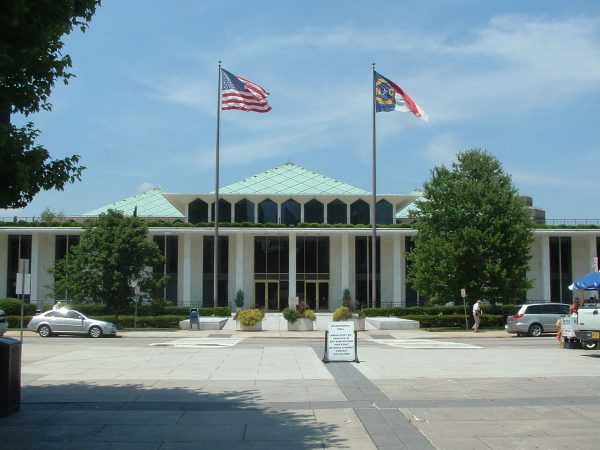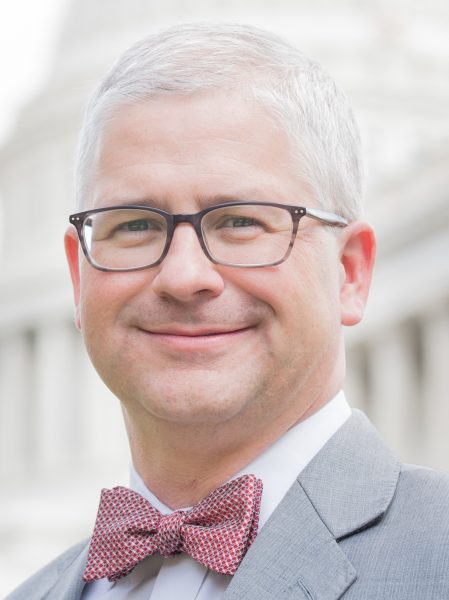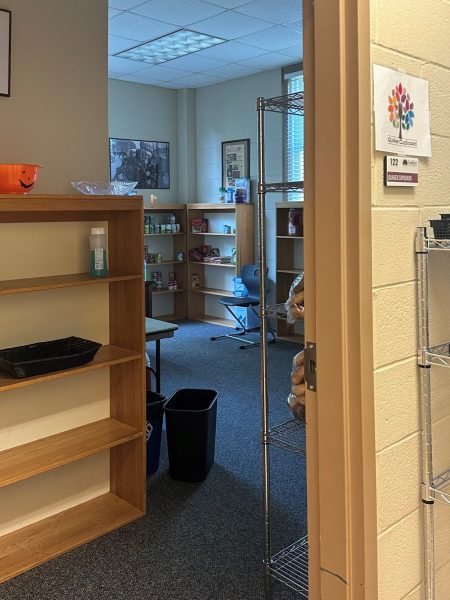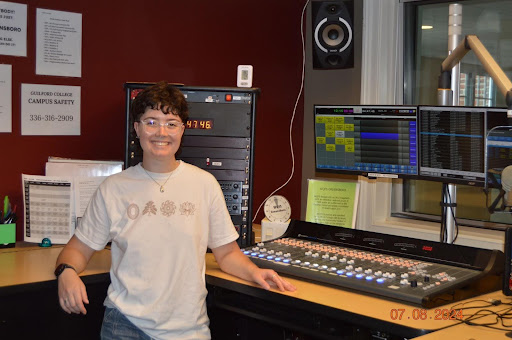N.C. Senate passes ‘Don’t Say Gay’ bill: What does this mean for students?
Educators respond to a move to ban discussion of LGBTQ topics in schools.
North Carolina’s Senate has added to the over 420 anti-LGBTQ bills introduced in state legislatures nationwide in 2023 with SB49, deemed a “Don’t Say Gay” bill by critics.
The so-called “Parents’ Bill of Rights” prohibits discussions of sexual and gender identity in public schools from kindergarten to fourth grade, and requires teachers to notify parents when students change their names or pronouns. Introduced by Sen. Amy Galey, R-Alamance, the bill was passed in the N.C. Senate on Feb. 7, and is likely to pass in the House.
However, Gov. Roy Cooper, a Democrat, has signaled that he will veto the bill. As reported by the Associated Press in February, Cooper said in a statement, “…the last thing we need is to force the ‘Don’t Say Gay’ culture wars on our children and our state.”
Cooper is the last significant legislative check on the bill, but if he is replaced by a Republican in 2024, similar legislation could be passed. The potential impact on queer students and their families concerns N.C. educators.
“We’re seeing that this is already harming people, just the proposal,” said Anna Pennell, a professor of education history at Guilford College and a former pre-K, second-grade and fifth-grade teacher. “After Florida’s (Don’t Say Gay) bill, there was an increase in bullying and online harassment for kids.”
According to Pennell, the bill presents an immediate risk to queer students and families. Preventing discussions of LGBTQ identities erases the possibility that students can come out as queer or trans, or talk about their LGBTQ family members in class, she said.
The bill focuses most on early grades, where the curriculum is centered on family, neighborhood and community. When teachers are prevented from acknowledging the realities of queer people and their families, Pennell said, students are not only left unprotected, but also are made invisible, finding that their identities are suddenly too taboo for the classroom.
“We know the effect of invisibility on families, on children,” Pennell said. “It’s dangerous. It’s harmful.”
Morris Johnson, a history teacher at the Early College at Guilford, said that by attempting to extend parental control over education, the bill erases reality and harms students, families and schools.
“Rules and laws should have purposes that address specific events, not just theoreticals,” Johnson said. “Most of this bill is already law. To the people who support this bill: Do you talk to your children? Do you think there’s some sort of secret thing going on (in schools)?”
“The one thing (in SB49) that I saw that is going beyond (existing laws) is that in K through 4, there can be no discussion of sexuality and sexual topics,” he continued. “I know that (discussions on) sexual topics are already restricted. Are you telling me that in elementary school, that conversation is going on now?”
Some teachers and educators are confused about what will actually change. According to Early College Principal Pete Kashubara, the bill is hard for educators to decipher or understand.
“What kind of parental scope are we trying to enforce upon an educator?” Kashubara said. “Will there be clarity once it’s passed? Is there clarification on (what will change)? Are you really going to spell it out?”
According to the bill’s critics, much of the bill’s protections for students and teachers are already law. Some teachers think that the changes the bill does make are based in fear.
“This is a fearful thing,” Johnson said. “Show me actual cases or show me actual situations. Laws should address real things.”
According to Pennell, schools should be focused on supporting and uplifting queer students, not erasing them.
“The determinant of someone’s success is often school belonging,” she said. “If we look at a safe public school, it’s not just about preventing harassment, it’s about encouraging acceptance.”
To better create supportive, accepting schools, she proposes more professional development for teachers and a more diverse curriculum. In Guilford County, teachers are already required to teach in a culturally diverse way that challenges stereotypes.
“That is in our rubric when I evaluate teachers,” Kashubara said. “Not many teachers in the initial observation are able to check that box.”
“If you think about social studies, all of that curriculum should be inclusive,” Pennell said. “All of that curriculum, everything from illustrations on the pages, to actual overt curriculum, should be inclusive.”
Johnson reinforced Pennell’s calls for more inclusivity in classrooms, especially in his own history class.
“With our general survey curricula, it’s hard to get out of white male history, but I tell students there are other stories that we should be paying attention to that are also important,” he said. “And so I lay down a background and then hopefully students will populate that background with their interests and other diverse stories.”
“Teachers’ jobs are to teach every child in the room,” Pennell said. “No matter what your feelings are, (or what) your background is, your job is to meet the needs of every child who walks in the room.”

